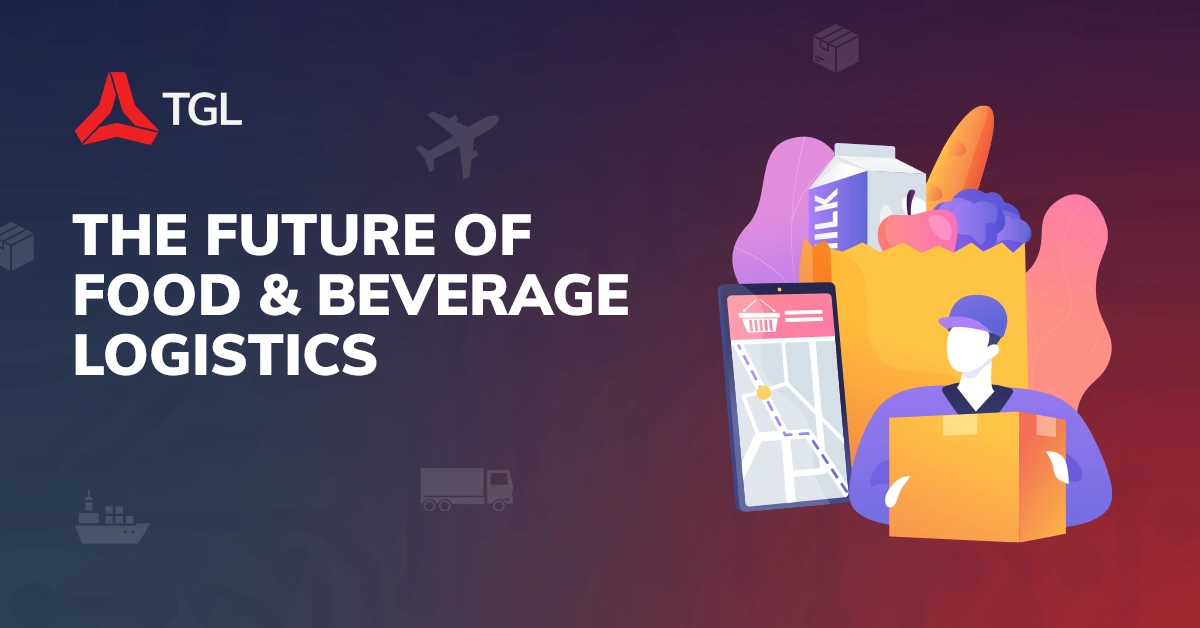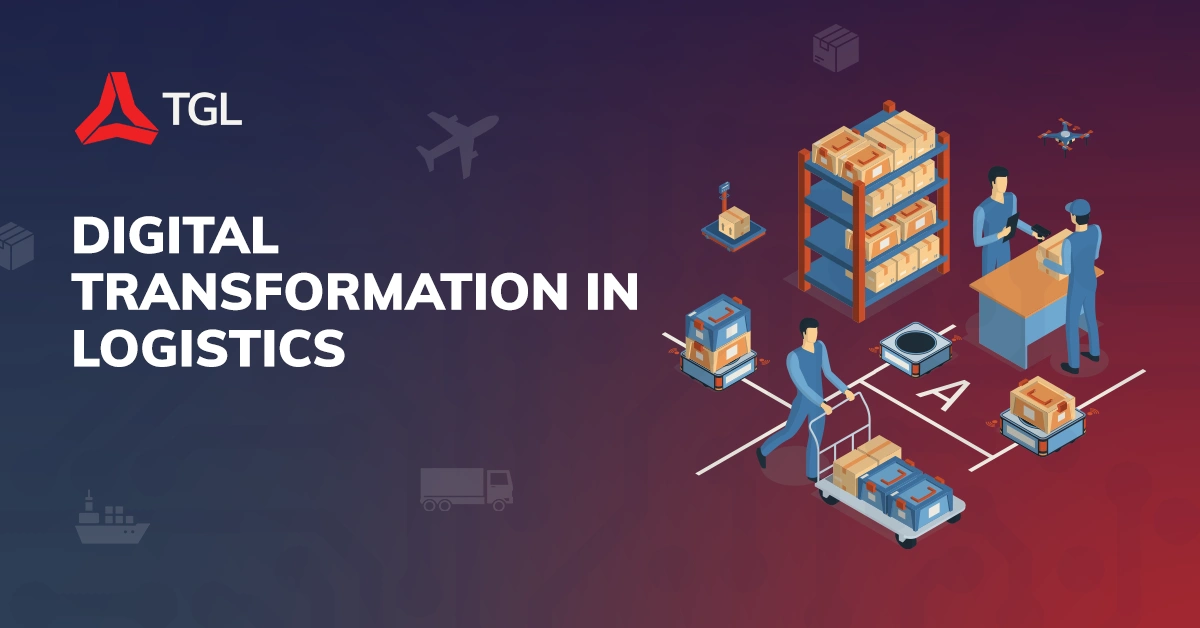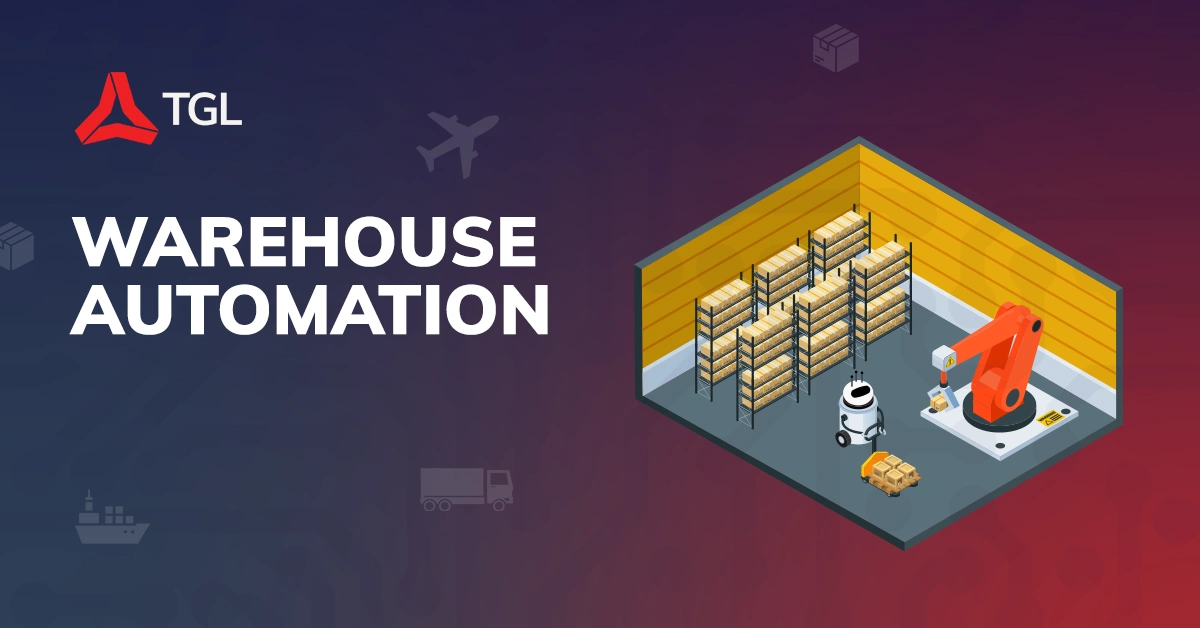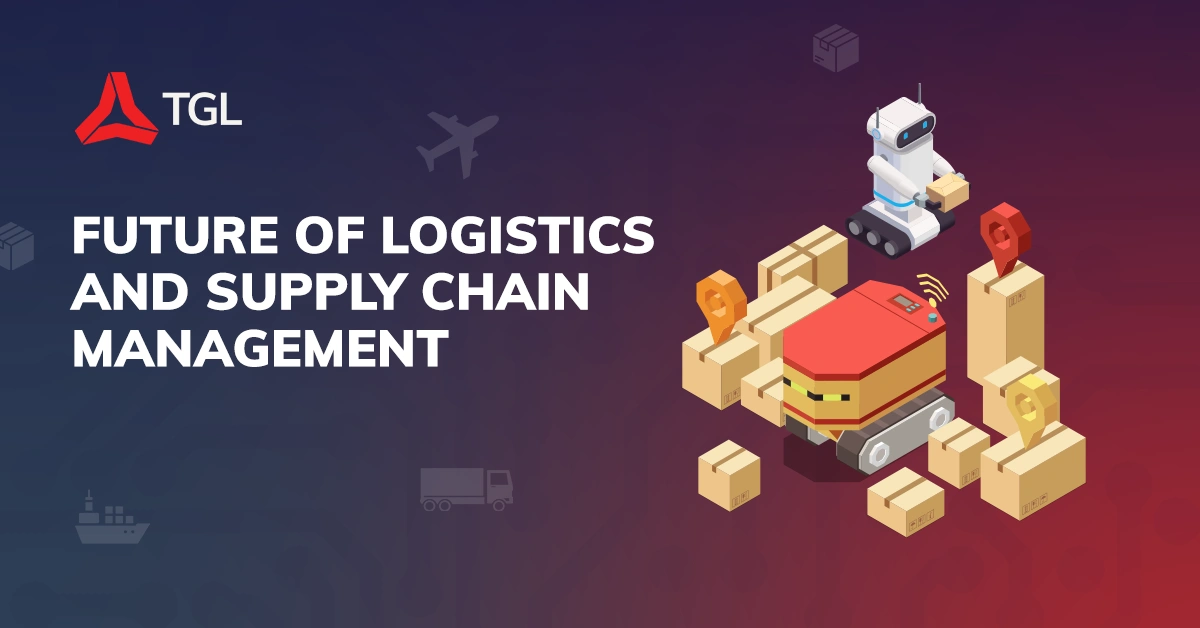The Future of Food & Beverage Logistics

In the ever-evolving panorama of the food and beverage industry, logistics play a pivotal function in making sure that our favourite snacks, meals, and liquids reach our tables effectively and safely. From farm to fork, a complicated internet of strategies and technology is constantly at work to keep our food and our meal supply chain going for walks smoothly. However, as we step into the destiny, the dynamics of meals and beverage logistics are poised for widespread transformation. In this exploration, we delve into the rising developments and improvements shaping the future of food and beverage logistics.
The Changing Landscape
E-commerce Boom: Gone are the times of lugging heavy buying baggage home. Online grocery buying is surging, with customers anticipating quicker deliveries and wider selections. This places mammoth stress on logistics to be efficient, nimble, and temperature-controlled.
Demand for Freshness: Consumers are more health-conscious, yearning for fresh, local, and natural produce. This necessitates agile supply chains which can supply farm-to-desk freshness quickly and efficiently.
Convenience Reigns Supreme: Time-strapped customers need comfort at their fingertips. Meal kits brought to their doorstep, on-call for grocery delivery, and subscription bins for unique nutritional wishes are all gaining traction. This interprets a complicated logistical dance with smaller, extra common deliveries.
Transparency and Traceability: Food protection scares and a developing hobby in moral sourcing have heightened the want for transparency. Consumers need to understand where their meals come from, the way it turned produced, and their environmental impact. This necessitates sturdy traceability structures for the duration of the supply chain.
Technological Feast
The Internet of Things (IoT): Sensors embedded in warehouses, vehicles, and packaging will offer real-time information on temperature, location, and product quality. This empowers proactive management, stopping spoilage and making sure best conditions.
Blockchain for Trust & Transparency: Blockchain technology, with its stable and immutable ledger, can song meal provenance, discover ability infection sources, and construct accept as true with consumers. Imagine understanding precisely where your strawberries had been grown and the way they arrived at your doorstep!
Artificial Intelligence (AI): AI is playing a pivotal position in the call for forecasting, optimising routes, and automating warehouse processes. AI can expect spikes in calls for precise products, permitting logistics vendors to pre-role stock and ensure easy delivery.
Autonomous Vehicles and Drones: While nonetheless in their infancy, self-sustaining automobiles and drones keep extraordinary ability for meal and beverage delivery. Imagine self-riding vehicles coping with long-distance hauls or drones turning in groceries immediately on your rooftop!
Eco-friendly Food Logistics
Sustainable Packaging: Biodegradable and recyclable packaging substances are changing conventional plastics, lowering waste and environmental footprint.
Green Transportation: Electric vehicles, hybrid trucks, and optimising transport routes to lessen gas intake are becoming priorities.
Local Sourcing and Urban Farming: Supporting nearby farms and selling city farming tasks lessen transportation distances, minimising carbon emissions.
Challenges and Considerations
Infrastructure Needs: The modern-day infrastructure might not be completely geared up to address the needs of an era-driven, on-call transport system. Investment in bloodless chain infrastructure, warehouse automation, and concrete logistics hubs is crucial.
Data Security Concerns: The reliance on the era introduces cybersecurity risks. Robust information safety measures are critical to ensure meal protection and purchaser trust.
Labour Market Shifts: Automation might also additionally displace a few jobs, necessitating a group of worker's schooling and reskilling applications to ensure an easy transition.
Collaboration is Key
Public-Private Partnerships: Governments and organisations can collaborate on infrastructure improvement, studies, and personnel schooling initiatives.
Industry Standards and Regulations: Standardisation throughout the enterprise will make sure seamless statistics change and clean interoperability among technologies.
Investing in Innovation: Collaborative studies and improvement among generation companies, logistics carriers, and meals and beverage manufacturers will boost innovation and free up the total ability of rising technologies.
TGL offers a reliable freight forwarding service, enabling importers and exporters in food and beverage to expand and develop their global supply chains to meet customer demands. With suitably designed food and beverage logistics solutions, our highly skilled team can offer a bespoke service to meet all your cargo requirements. On-time and exceptional communication is what we genuinely strive for here at TGL, ensuring your products are delivered on schedule and in fantastic condition, ready for in-person or online distribution.
The food and beverage industry necessitates meticulous attention to detail and a comprehensive knowledge of food safety requirements across your entire supply chain. Many of our clients in the industry have had past experiences with regulatory headaches and foreign terms hard to get a grasp on. Perishable cargo? Cold Chain Logistics? TGL is well-equipped to take all the stress out of your food and beverage logistics.
As an international freight forwarder with extensive expertise in food and beverage, TGL can manage all export and import enquiries. Our efficient freight forwarding services cover all modes of transport, ranging from air freight and sea freight to trucking and warehousing. Rail and road transport within Australia is our bread and butter, along with an array of global locations such as the Asia Pacific regions (like Vietnam and China), the USA, and Europe. We always ensure to leverage our vast worldwide networks to offer tailored logistics solutions, producing simple and effective results for your business.
Our existing clients require dynamic logistic offerings, where here at TGL we deliver products such as cheese, prosciutto, pasta, chocolate, egg noodles, coconut water and alcohol all over the globe. The food and beverage industries are unique, with many countries differing in their regulations and compliance of products, meaning that it is not as straightforward as other industries when embarking on global expansion.
We understand that each commodity is different, and each demands its own distinctive approach. Our team of THINKERS ensure that appropriate measures are taken in all cases, recognising the uniqueness of your industries.
Here at TGL, we pride ourselves on our capability to perform these timely and secure shipments. Our dedicated logistic specialists ensure dedicated support throughout your shipment process, handling cargo with urgency and professionalism. With years of experience and exposure to food and beverage industries, there are no curveballs we can’t hit out of the park!
- Door-to-door timely delivery.
- Multimodal freight services: Air, Ocean, Rail, Road.
- Temperature-controlled shipping services including refrigerated ocean containers.
- Customs and compliance consulting.
- Close partnerships with carriers, guaranteeing equipment availability through precise forecast management.
Conclusion:
The destiny of meals and beverage logistics is poised on the intersection of sustainability, generation, and consumer-centricity. As we embody the demanding situations and possibilities of tomorrow, collaboration and innovation could be key drivers of success. By harnessing the strength of digitalisation, automation, and sustainability, logistics carriers can construct resilient, agile, and destiny-equipped supply chains that now no longer meet the wishes of today`s clients but additionally pave the manner for an extra sustainable and meals-steady future. As we navigate the culinary toll road ahead, allow us to chart a route toward an extra efficient, resilient, and sustainable meals and beverage logistics ecosystem.



